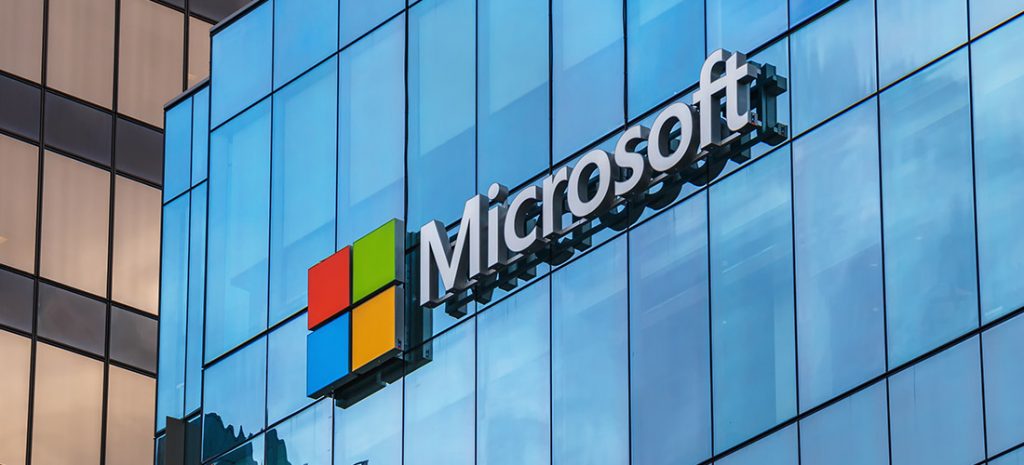On the 27th June, four people were arrested over their links to computer service software fraud – the third most reported fraud type in the UK, with 12% of reports made to Action Fraud UK concerning the issue. The average loss from this kind of fraud is £2000, with more than 33,000 reports between May 2015 and April 2016.
The arrests were made following a collaboration between London City Police and Microsoft, whose investigation analysed tens of thousands of reports made to Action Fraud UK concerning the issue. Computer software service fraud works by imposters posing as representatives from legitimate companies such as Microsoft, BT and TalkTalk. They contact customers to tell them there is a problem with their computer and that they can resolve the issue for a price.
They then trick the customer into installing software to their computer or visiting a hoax website, unwittingly granting remote access and the opportunity to steal valuable data such as credit card details. This type of fraud is particularly nasty as it works by luring people into a false sense of security, using the names of reputable companies to steal personal information and scam people out of hundreds of pounds. Action Fraud’s research also shows that the average age of a computer service fraud victim is 62, demonstrating that criminals often target older people who may not be as technologically literate.
In light of the recent global ransomware attacks, Action Fraud has also received reports of scammers pretending to be from Microsoft tech support. The victim granted the fraudsters remote access to their PC and installed Windows Malicious Software Removal tool charging the victim £320 despite the fact it is a free product.
It is important to remember that error and warning messages from reputable companies will never include a phone number, or ask you to send personal information. Additionally, Microsoft will never proactively reach out to you to provide unsolicited PC or technical support, so cold callers should be treated with caution.
Editorial credit: Volodymyr Kyrylyuk / Shutterstock.com


